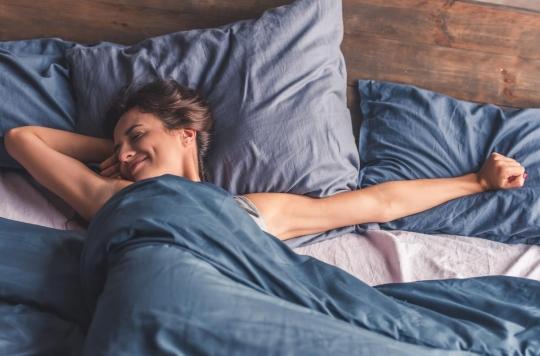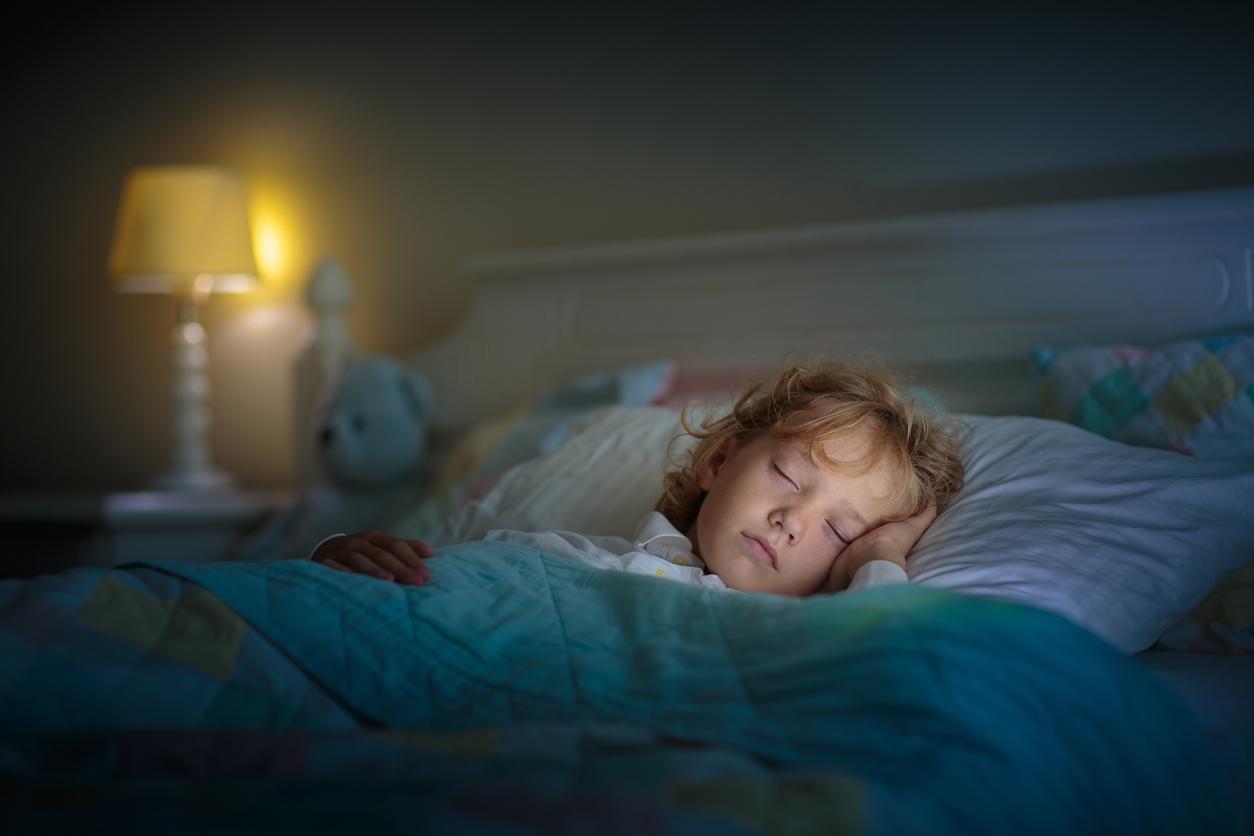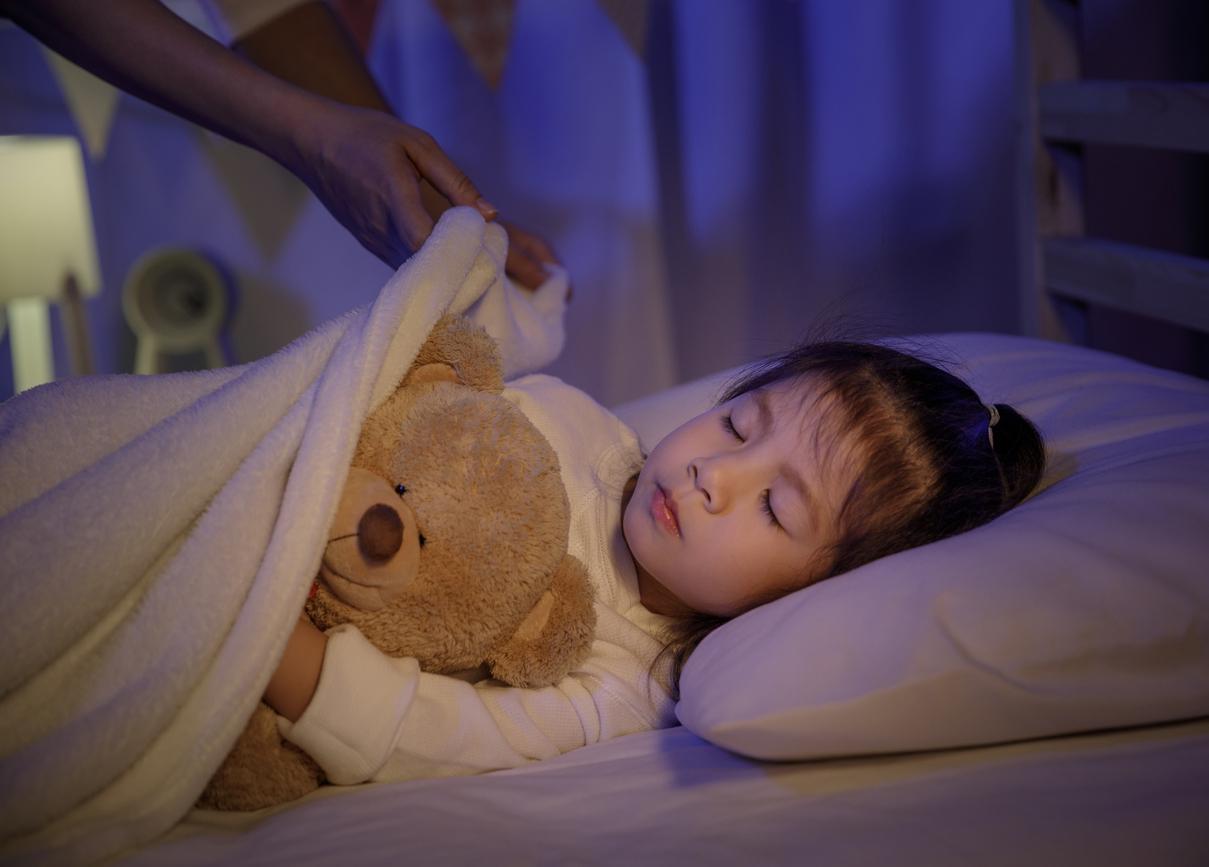The anxiety-provoking daily life of the health crisis, the lack of physical activity and natural light as well as the increase in time spent behind screens degrade the quality of our sleep. However, sleep disorders can have serious repercussions on health. Dr. François Jounieaux, sleep specialist and member of the scientific college of the Ramsay Health Foundation, presents the possible treatments.

– Why Doctor – How to know if his sleep is of good quality?
Dr Francois Jounieaux – There are signs that are not necessarily related to the quality of sleep. During the day, it can be the feeling of being rested when waking up, of feeling the restorative side of sleep. But if the night has not gone well, one may experience a feeling of fatigue during the day or drowsiness. The latter may first appear at appropriate times, such as after meals or when lying down, but for some it may occur during meetings or while driving. Poor sleep can also have effects on morale with mood disorders, irritability, a decline in intellectual performance, memory, concentration or even headaches, especially when waking up. At night, a poor quality sleep is a sleep during which we wake up regularly, we have a feeling of suffocation, we want to urinate or we have a dry mouth.
– Can sleep disorders be treated?
It depends on the cause of the poor sleep. The first thing is to know why I sleep badly. If it is due to sleep apnea, which is the most common problem, there are several solutions: ventilation at night with a device, mandibular advancement orthoses which allow the jaw to be moved forward and free the back of the throat to promote breathing. Others won’t need these tools but have stuffy noses that need to be treated, poor posture and so I advise them to sleep on their side. People who are overweight, and moreover obese, often have respiratory problems.
Other patients suffer from insomnia. The first thing is to first have good sleep hygiene. Some have bad lifestyle habits and this affects their night.
– What is good sleep hygiene?
Many patients go to bed too late and therefore encroach on their vital physiological sleep needs. On average, it counts around 8 hours of sleep but, in practice, it is around 7 hours, excluding vacation periods. For those who have sleep problems, it is best to go to bed at a fixed time.
Screens, whether telephone or television, should ideally be avoided 30 minutes before bedtime because this visual stimuli has a strong impact on the brain and will lead to the secretion of melatonin which tells the brain that the sun does not hasn’t gone to bed yet and it’s not time to sleep. It is better to favor reading in a subdued atmosphere, without too strong a light.
It is best to avoid staying too long in bed without sleeping to condition the brain to the fact that the bed is the place where we sleep. This also helps prevent it from warming up because to sleep well, the bed must be a little cool to help lower body temperature and promote sleep. We ask to avoid sport in the evening, to eat a meal that is too heavy so as not to have a difficult digestion. Stimulating foods or drinks, such as tea or coffee, should not be consumed after 2 p.m. On the weekend, you have to be careful not to shift too much. We then speak of social jetlag. During the day, the duration of naps must be limited to 15-20 minutes so that they do not have a counterproductive effect.
– Are there treatments for sleep disorders?
Anything that can allow relaxation can be important. Many patients are anxious because of their work, social or romantic relationships and this affects their sleep. We work closely with a psychologist who does relaxo-therapy, this allows patients to relax and promote better sleep.
Light therapy can also be used to resynchronize sleep in those with phase shifts. In the morning, exposure to light allows the patient to reach his melatonin peak earlier and therefore put him back on a more suitable cycle. This technique can be used for patients with seasonal symptoms such as low light in winter.
Regarding sleeping pills, homeopathic treatments or even non-prescription drugs, I prefer to avoid as much as possible, unless it allows you to pass an acute course. I prefer to offer more natural solutions such as choosing certain plants or drinking herbal teas.
– Can connected objects help you sleep better?
Connected bracelets can be used to collect useful information such as bedtime and wake-up times or to obtain the average sleep time. Some smartphones are able to record nocturnal noises and listening to them, especially for a person who snores, can allow us to perceive sleep apnea. That said, we still have to be careful and if these objects can produce interesting data, know that even our machines in the office do not allow us to obtain everything that certain connected objects promise!
.
















